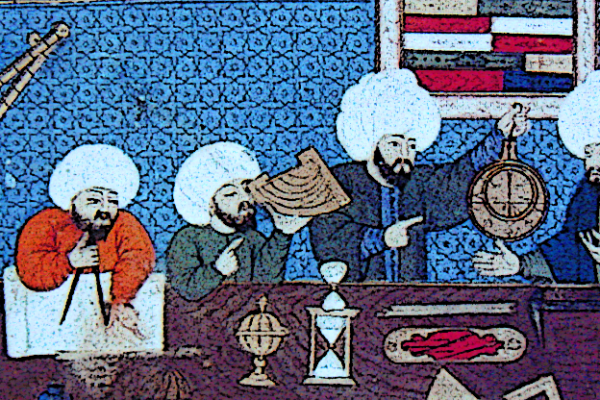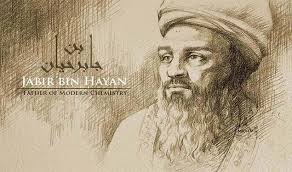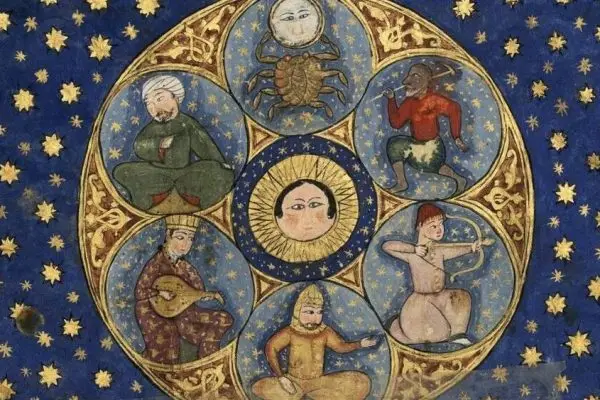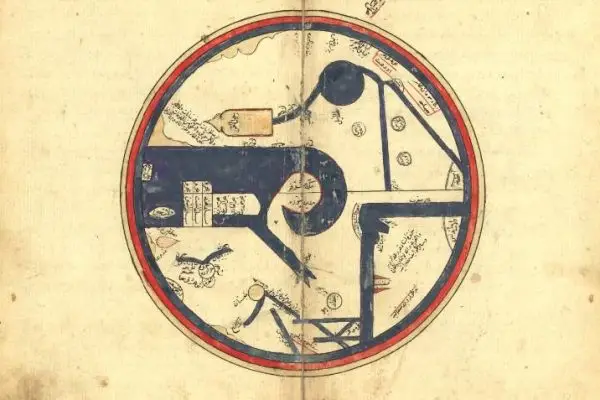
Surah Al Imran, Ayah 3:83 – Universal Submission: Exploring Cosmic, Biological, and Spiritual Dimensions
Surah Al Imran, Ayah 83 poignantly underscores the concept of universal submission, revealing how all beings in the heavens and the earth, willingly or unwillingly, adhere to divine laws and principles. This verse prompts reflection on cosmic, biological, environmental, societal, and spiritual dimensions, illustrating how celestial bodies, life forms, ecological systems, human societies, and spiritual beliefs all ultimately acknowledge and return to Allah, highlighting a profound interconnectedness and orderliness in the universe.














